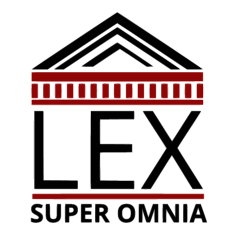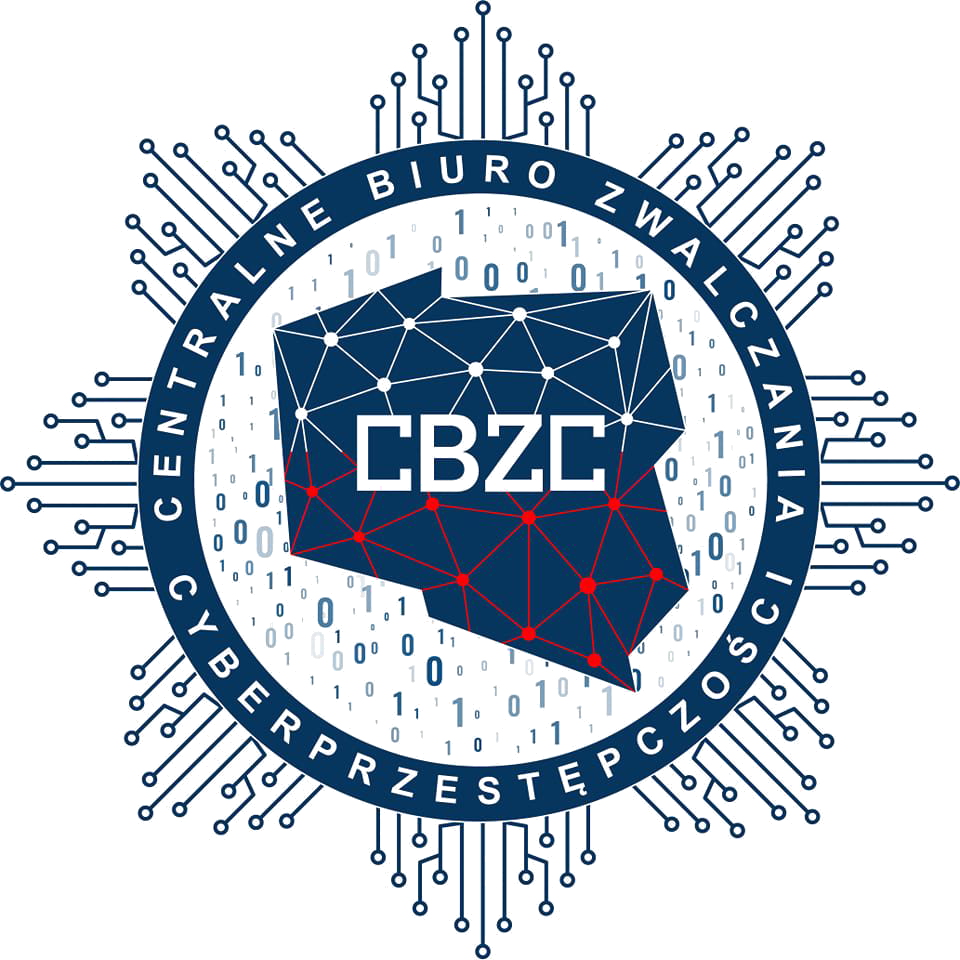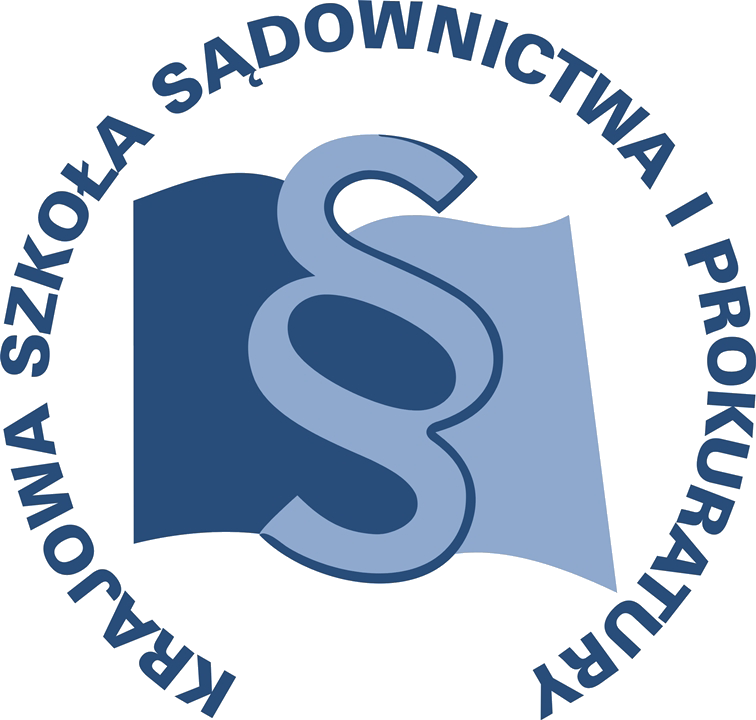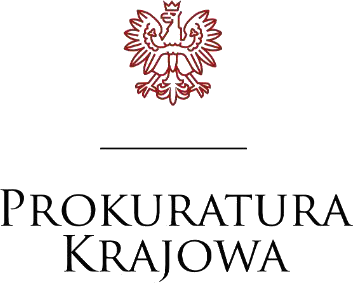Conference
„Challenges in Combating Cybercrime”
International conference with workshop
1
27–28 October 2025, Poznań
Faculty of Law and Administration, Adam Mickiewicz University (AMU)
Invitation
Organizers
PROGRAM
Registration
Payment
Practical information
Invitation
In the digital era, any case can become a “cyber” case. Crimes committed in the digital environment – as well as traditional cases involving electronic evidence – are now everyday matters. Detecting, analysing, and adjudicating them require specialist tools, synergy between investigative and procedural actions, and an understanding of criminal groups’ modus operandi.
The Poznań event responds to these challenges by creating a forum to discuss the prosecution of cybercrime and to reflect on a training model for specialists in this area – from university studies, through professional training, to continuing education.
Our goals:
- Launch a recurring forum for exchanging knowledge and good practices in prosecuting cybercrime;
- Initiate specialist training for prosecutors and judges;
- Start a discussion on the training model for court and prosecution staff;
- Begin a debate on educating future specialists already at the level of legal studies.
Organizers
Substantive support provided by:
PROGRAM
| 27.10.2025 Monday | Training on cybercrime + discussion on training models; held in Polish only |
|---|---|
| 9:00–9:10 | Opening of the training |
| 9:10–10:10 | Team training (2 groups: beginner & advanced) – Group 1 (beginner): Extraction of data from mobile devices—capabilities and limitations in digital forensics (Marcin Radoszewski, Jakub Rzepka, CBZC) – Group 2 (advanced): Introduction to DeFi (Maciej Mąka, CBZC) |
| 10:10–10:20 | Break; optional group switch |
| 10:20–11:20 | Team training (Part 2) – Group 1: Cryptocurrencies from a law-enforcement perspective (Maciej Mąka, CBZC) – Group 2: Analysis of data from cloud services—digital-forensics perspective (Marcin Radoszewski, Jakub Rzepka, CBZC) |
| 11:20–11:50 | Coffee break |
| 11:50–12:50 | Team training (Part 3) – Group 1: Step-by-step investigation into “BLIK” payment fraud (Prosecutor Dominik Matusiak) – Group 2: How to steal over PLN 50,000,000 using SIM-swap, social engineering and forged documents – an almost perfect plan for a life of luxury (Prosecutors Agata Kubiak, Paweł Mat-Madajczak) |
| 12:50–13:00 | Break; optional group switch |
| 13:00–14:00 | Team training (Part 4) – Group 1: Drugs on the TOR network – how distribution and settlements are changing (Prosecutor Sławomir Sola) – Group 2: The dark side of medicine. The illegal market for medicines on the dark web. A case study (Prosecutor Łukasz Stanke) |
| 14:00–15:00 | Lunch |
| 15:00–16:30 | Discussion: Training models in cybercrime Moderator: Prof. Paweł Wiliński (AMU, Supreme Court) – Cybercrime in legal education- where do we ignore the tech foundations? (dr Adam Behan, Jagiellonian University) – Academic training paths in “cyber” (Prof. Tomasz Nieborak, dr Martyna Kusak, dr Łukasz Szoszkiewicz, AMU) Discussion |
| 16:30–17:00 | Coffee break |
| 17:00–18:30 | Moderator: Prosecutor Janusz Śliwa (KSSiP) – Training police officers in cybercrime (Prof. Jerzy Kosiński, PPBW, AMW) – The need to single out cybercrime as part of the KSSiP prosecutorial trainees’ curriculum – line prosecutor’s perspective (Prosecutor Dr Przemysław Cychosz) – Continuing-education model for prosecutors and judges in cybercrime (Prosecutor Prof. Agnieszka Gryszczyńska, National Public Prosecutor’s Office, UKSW) |
| 20:00 | Dinner for training participants (Restaurant “Młyńska 12”) |
| 28.10.2025 Tuesday | 1st International Scientific Conference “Combating Cybercrime” (PL–EN simultaneous interpretation provided) |
|---|---|
| 9:00–9:15 | Opening, welcome |
| 9:15–11:15 | Panel I: International cooperation in cybercrime cases (moderator: Prosecutor Michał Binkiewicz, Lex Super Omnia) – International cooperation in criminal matters—the role of Eurojust (Prosecutor Bolesław Laszczak, EPPO) – Joint Investigation Teams – practical view (Prosecutor Paweł Wąsik, Eurojust) – Judicial assessment of evidence obtained through international cooperation (Judge Prof. Paweł Wiliński, AMU/SC) Discussion |
| 11:15–11:45 | Coffee break |
| 11:45–13:45 | Panel II: Tools and good practices for combating cybercrime – international overview (moderator: Dr Martyna Kusak, AMU) – Seizure of digital evidence stored abroad (Claudia Pina, Criminal Investigation Court of Lisbon) – Investigations in the TOR Network with the Use of the Tool Dark Web Monitor (Kerstin Harpf, Bavarian Central Office for the Prosecution of Cybercrime) – Collection of Electronic Evidence in Belgian Criminal Proceedings (cybercrime prosecutor Anthony Signor, Public Prosecutor’s Office of Charleroi) |
| 13:45–14:45 | Lunch |
| 14:45–16:45 | Panel III: Methodology of proceedings in cybercrime cases (moderator: Marek Wierzbicki, PPBW) – Using digital forensics when securing digital evidence (Deputy Inspector Tomasz Kłys, Police Academy in Piła) – Digitisation of the Prosecutor’s Office – optimising criminal proceedings and managing electronic evidence (Prof. Agnieszka Gryszczyńska, National Public Prosecutor’s Office, UKSW) – International online fraud (Tomasz Boroń, UKW; Prosecutor Dariusz Podufalski) Discussion |
| 16:45–17:00 | Farewell, closing of the conference |
Registration
Payment
Training (27 Oct) is free of charge, available only to judges and prosecutors and held in Polish only.
Conference (28 Oct): fee PLN 200; please pay after receiving confirmation of registration.
Students are free of charge for the conference.
Payment details
Beneficiary: Prosecutors’ Association “Lex Super Omnia”
Account no.: 24 1140 2004 0000 3202 7667 1284
Transfer title: “Conference in Poznań”
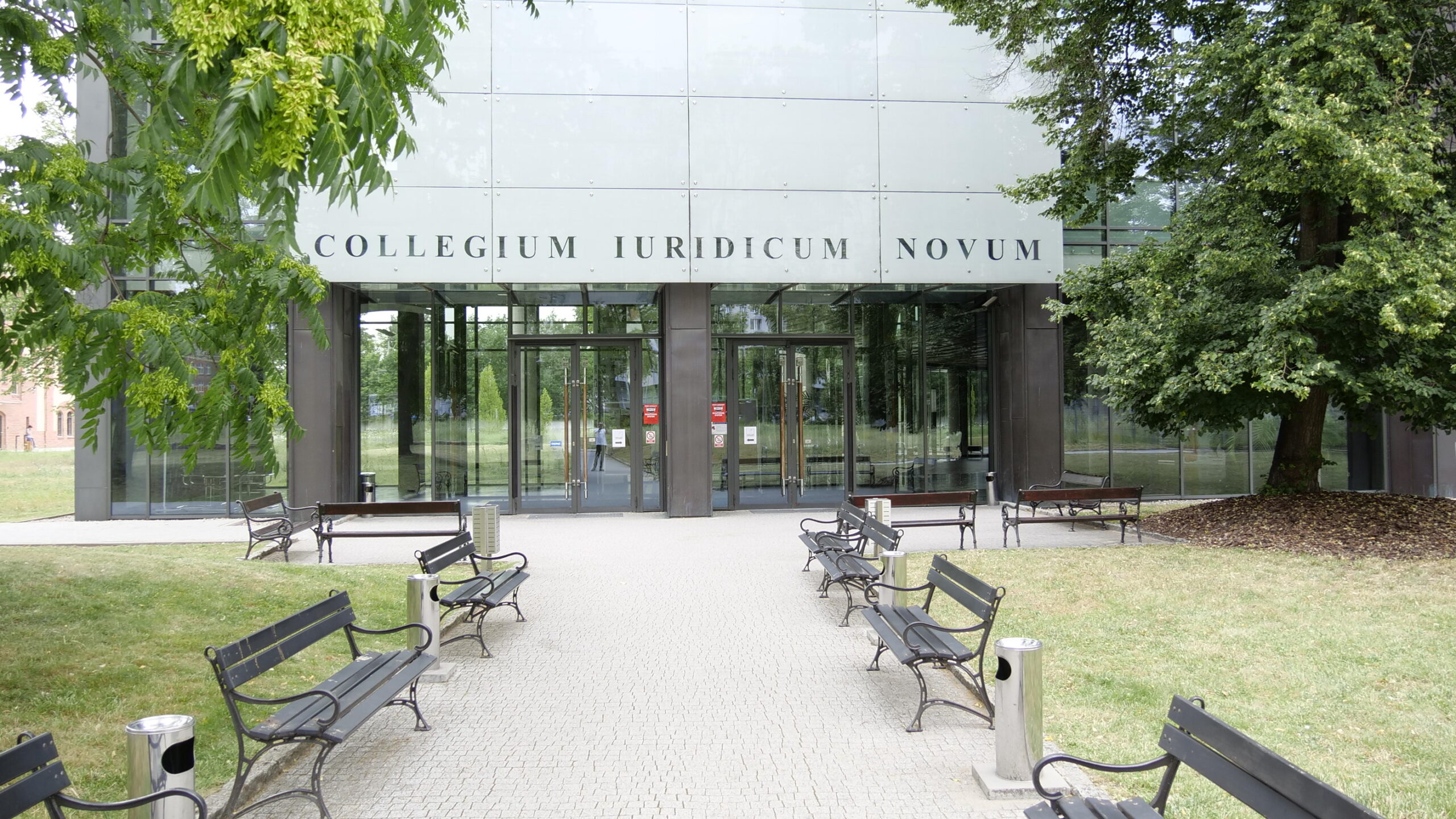
Practical information
Contact
konferencje.lso@gmail.com
Location
Faculty of Law and Administration, AMU,
al. Niepodległości 53 (Campus)
From Poznań Główny station
- ~30 min walk;
- bus 171/168 to “Urząd Marszałkowski” stop
Free parking on campus
Recommended accommodation
- Hotel Liberte 33 **** (≈10 min walk)
- Hotel Vivaldi **** (≈16 min walk)
- Hotel Altus *** (≈22 min walk)
- B&B Hotel Poznan Old Town (≈17 min walk)
Discount: Quote the password “Cyber” when booking to receive a discount.

